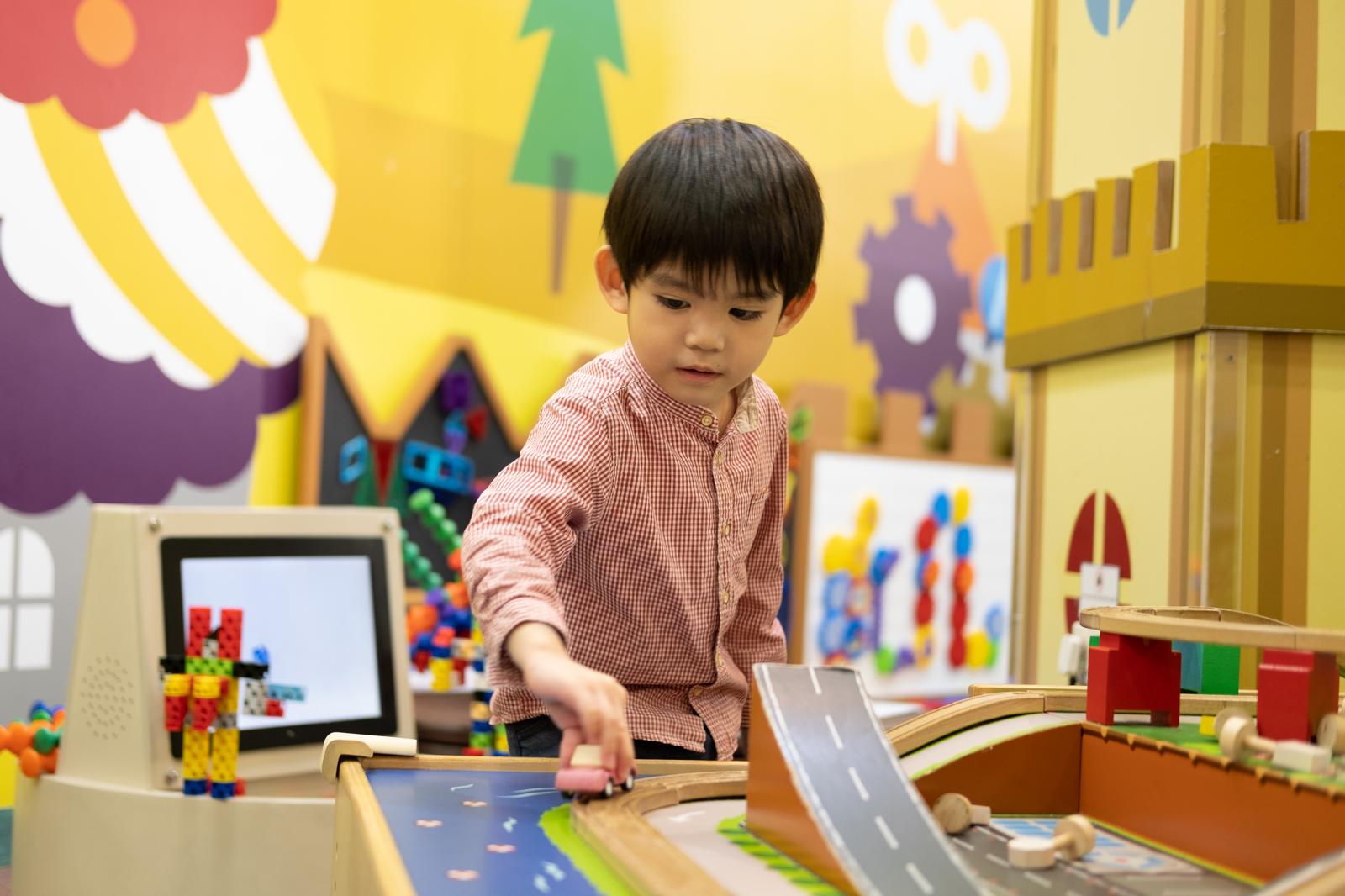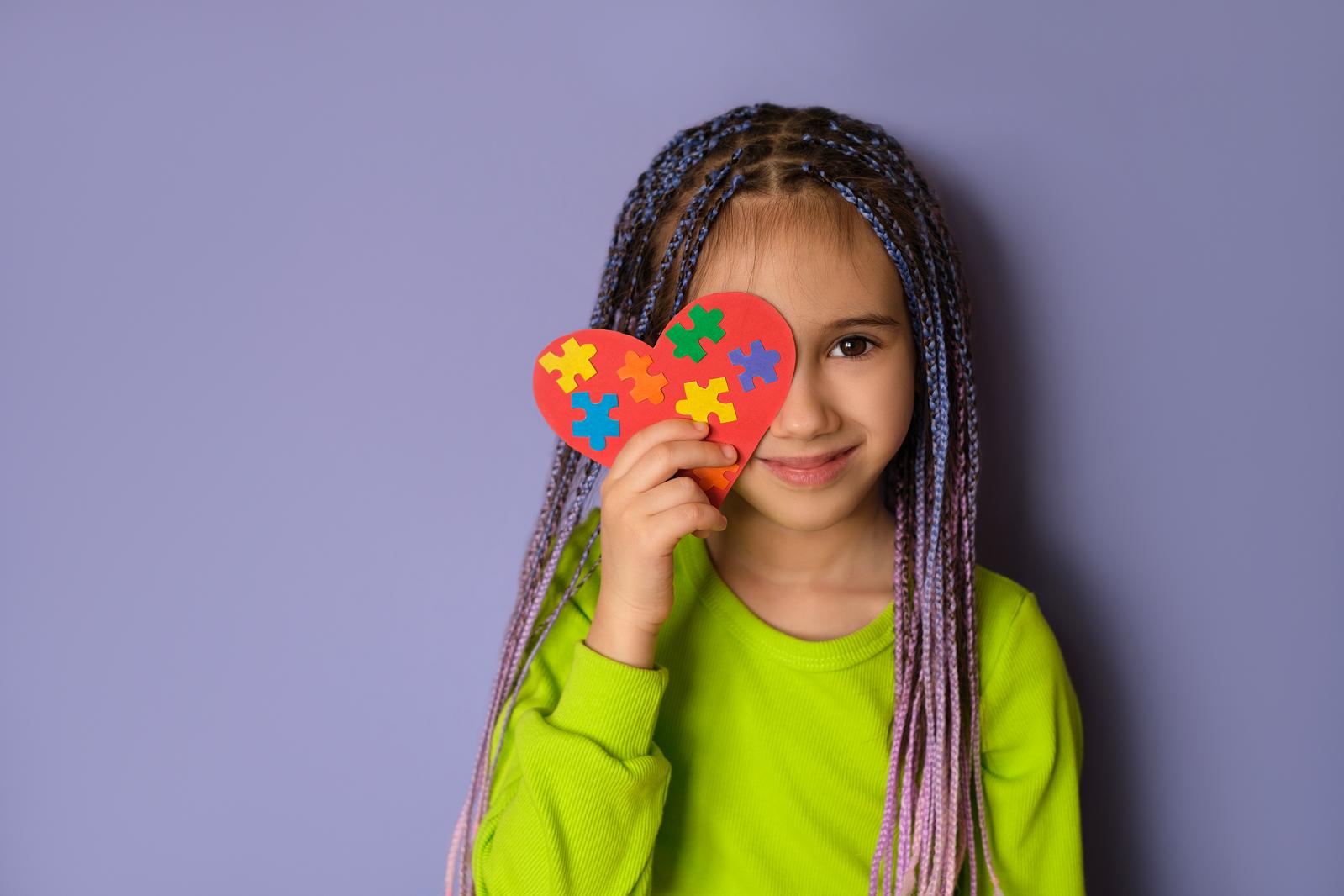What to Expect During the Process
When you begin ABA services with us, here’s what the process typically looks like:
📝 1. Initial Consultation
We’ll meet with you to learn more about your child, answer your questions, and explain the steps ahead.
📊 2. Assessment & Goal Planning A Board Certified Behavior Analyst (BCBA) will conduct a formal assessment to understand your child’s current skills and needs. From there, we’ll develop a personalized treatment plan with specific, measurable goals.
👨👩👧 3. Team Building Your child will be paired with a team of trained ABA professionals — including a BCBA and Registered Behavior Technician (RBT) — who will implement the treatment plan and track progress.
🧩 4. Hands-On Therapy Therapy begins! Sessions may take place at home, in school, or in the community, depending on what’s best for your child. Sessions focus on building communication, daily living skills, social interactions, and more.
🤝 5. Caregiver Collaboration You’ll be involved every step of the way. We provide caregiver training and support to help you use ABA strategies at home and reinforce what your child is learning.
🔄 6. Ongoing Support & Progress Updates We monitor your child’s progress closely using data, make necessary adjustments to the plan, and celebrate milestones together.

